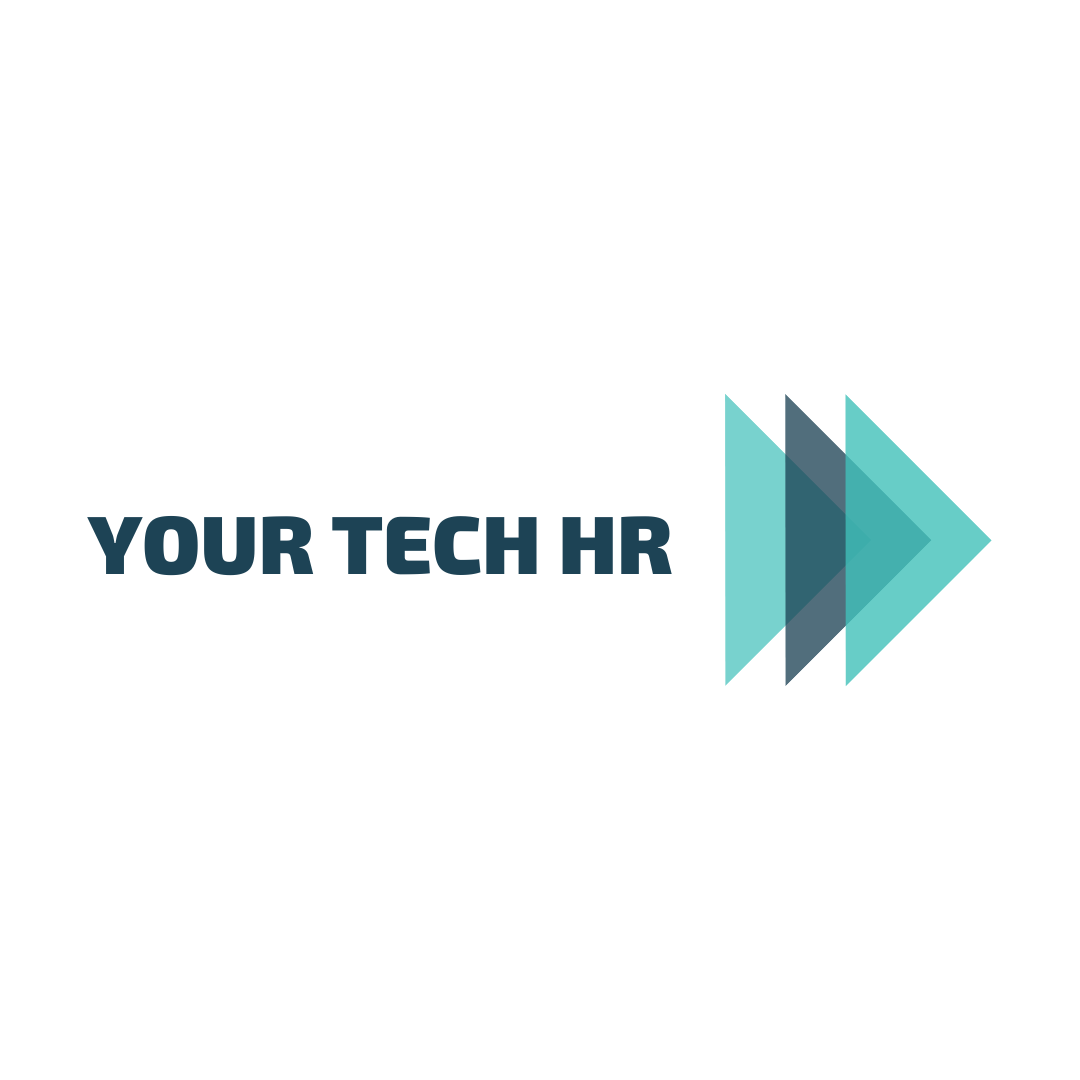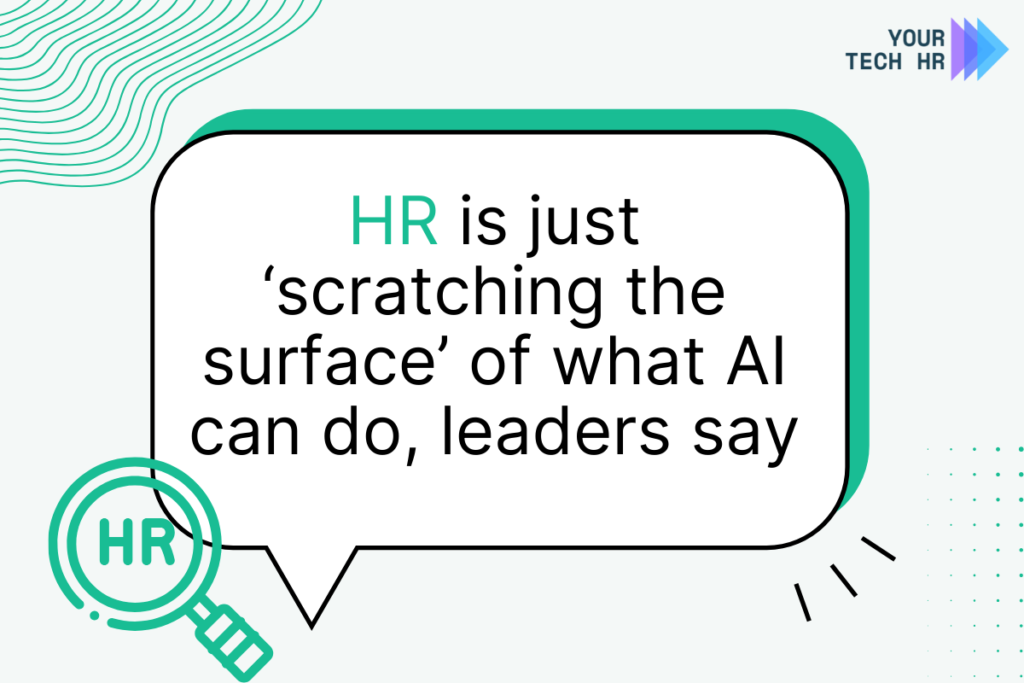Artificial intelligence is transforming HR circumstances by automating routine tasks and uncovering valuable insights. Despite these advancements, industry leaders believe we are only beginning to tap into AI’s capabilities.
At Taboola, a tech company specializing in content recommendations, new employees often ask to meet Sasha, a figure they encountered during the hiring process. However, Sasha is not a person but a chatbot designed to handle interview scheduling.
“It is quite funny that it was so smooth that the new hires will join Taboola and say, ‘Can I meet Sasha?’” shared Kristy Sundjaja, Chief People Officer at Taboola. “There is no Sasha because Sasha is a bot.”
The Power of AI in HR
From scheduling interviews to answering internal queries and analyzing data, AI is taking on a variety of HR functions. Sundjaja highlights that this is only the beginning. “We’re scratching the surface,” she said.
At Taboola, AI is already employed for people analytics, sifting through data on employee start dates, promotions, engagement, learning, development, performance, and management. This automation provides basic information about employees, allowing Sundjaja’s team to focus on more complex trend analysis, such as predicting employee attrition and success rates.
“There’s just work that I think AI can take over from HR,” Sundjaja noted. However, she also highlighted the importance of ensuring data used for AI is clean and unbiased. “Garbage in, garbage out,” she warned, stressing that quality data is crucial for effective AI models.
Balancing Automation and Human Touch
While AI can take over many tasks, some aspects of HR require a human touch. Sundjaja questioned, “How do we use AI to better our job but not make it so robotic? There’s a lot for us to learn.”
Angela Hood, founder and CEO of HR tech AI company ThisWay Global, echoed this sentiment. She pointed out that AI is a broad term encompassing various technologies. “It’s important just to be aware that artificial intelligence is an umbrella word,” Hood explained.
Hood compared the term “AI” to “apparel,” which includes everything from shirts and shoes to children’s clothing and men’s ties. “When people use the words ‘artificial intelligence,’ it’s a category. I think that it gets blurred because people lack the understanding of how to differentiate those things,” she said.
The Future of AI in HR
As AI continues to evolve, its impact on HR will only grow. By automating routine tasks, AI allows HR professionals to focus on strategic initiatives and personal interactions that drive employee satisfaction and organizational success. However, leaders like Sundjaja and Hood remind us that the integration of AI in HR is a journey, requiring clean data, continuous learning, and a balance between technology and the human touch.
This article is informed by insights from HR Dive and its reporter Ginger Christ.


